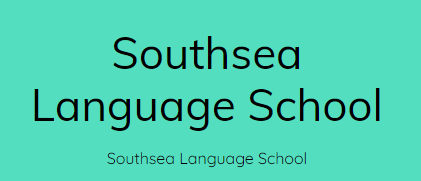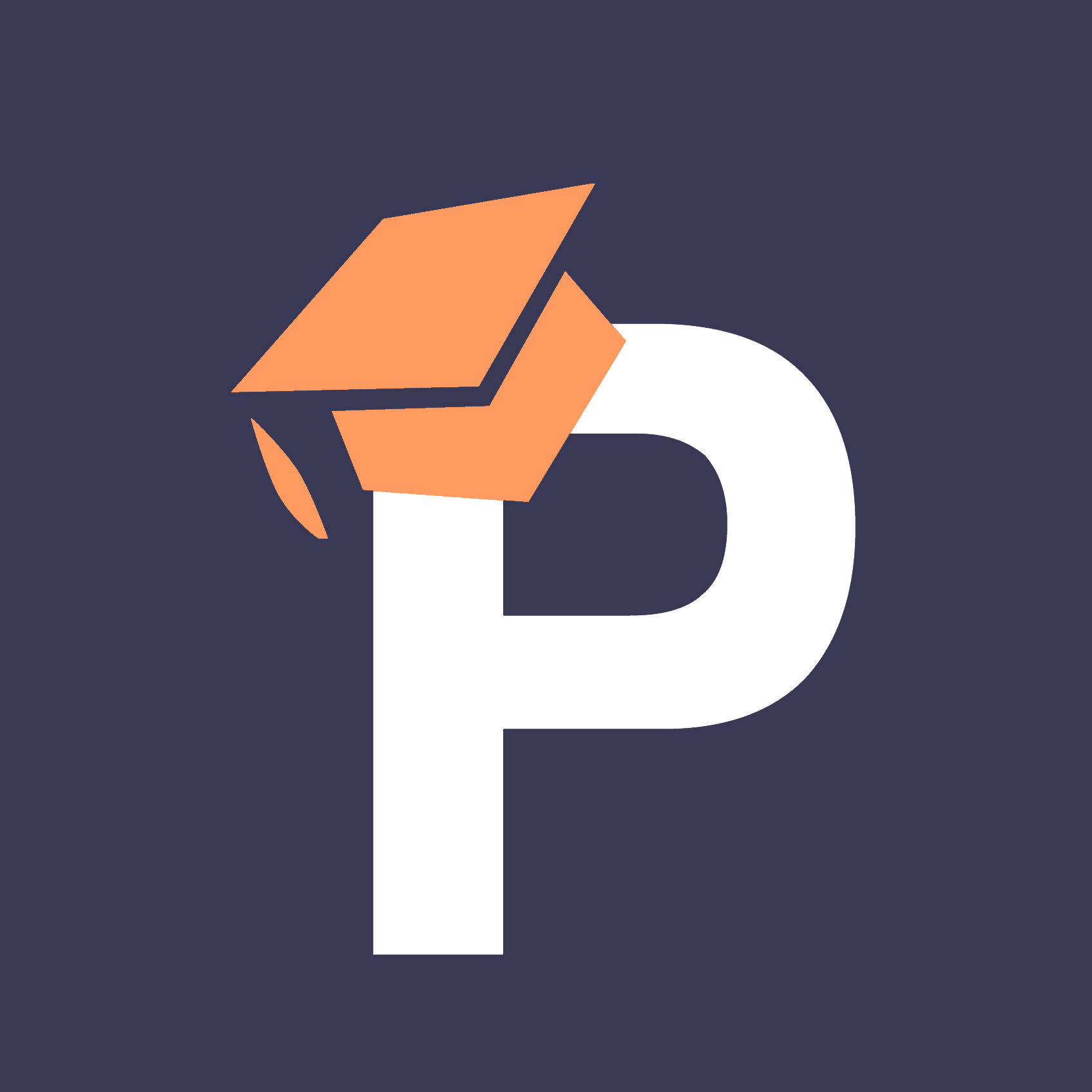This introductory course will help you to develop basic communication skills in the language. You will learn how to greet people, exchange personal details, talk about yourself and your daily life, and interact in common everyday situations (shops, restaurants, hotels, etc.). You will also be introd

Summary
This introductory course will help you to develop basic communication skills in the language. You will learn how to greet people, exchange personal details, talk about yourself and your daily life, and interact in common everyday situations (shops, restaurants, hotels, etc.). You will also be introduced to cultural aspects of the areas where the language is spoken.
Choose this course if you want to:
Learn basic, familiar everyday expressions and simple phrases in the language.
Be able to exchange personal information and interact in simple common situations.
Have opportunities to practise your skills with other speakers of the language.
Who is this course for?
This course is recommended for absolute beginners who have had very little or no contact with the language before. In this course, you will be working towards level A1 of the Common European Framework of Languages.
Qualifications/credits
Course assessment is optional but on successful completion you will obtain 10 credits at Level 1 (SCQF 7).
Mode of study
Language classes are interactive and collaborative, with plenty of exposure to the language and many opportunities to practise and learn with your peers.
You will also have access to Moodle, the University’s virtual learning environment, where you will find additional activities for you to practise what you have learnt in class and to extend your knowledge.
Prospects
At this elementary level you’ll be able to take part in very simple exchanges in common everyday situations, for example as a visitor in an area where the language is spoken.
Or you can progress to the next step, Post Beginners A2, to continue to develop your skills in the language
About us
Organisation Development is an approach that puts people at the heart of change, emphasises creativity and innovation, and positively affects organisational performance. The OD Team uses complementary and disparate specialisms working together to deliver the University aims and aspirations.
Our Employee Development interventions improve the leadership, people management and personal effectiveness of University staff as individuals.
Our Organisation Development interventions develop and improve the system (culture, strategy, structure and process) of the University, growing organisational capability through alignment of strategy, structure, management processes and people.

French Course is Offered by Southsea Language School.

Our dedicated french tutor can help you to master a new language, whatever your starting level. Whether you want to take an test, prepare for life abroad or simply find your way around on holiday we can tailor our courses to help you achieve your aims.

We provide online French tuition in London and online French tutors worldwide. Our French tutors are hand-picked from the best universities and rigorously interviewed. They work with students at all levels – from beginner to advanced – from all over the world.

In addition to being a beautifully-sounding language, French can be a great investment if you plan to live abroad, want to make new friends, discover a fascinating culture, or travel to French-speaking countries with ease.

Globally regarded as the language of love, French may be the most romantic language and France, the most romantic country in the world. But this language’s influence isn’t limited to just one country: the language spreads throughout Europe, the Caribbean, Africa, and Canada.
© 2025 coursetakers.com All Rights Reserved. Terms and Conditions of use | Privacy Policy